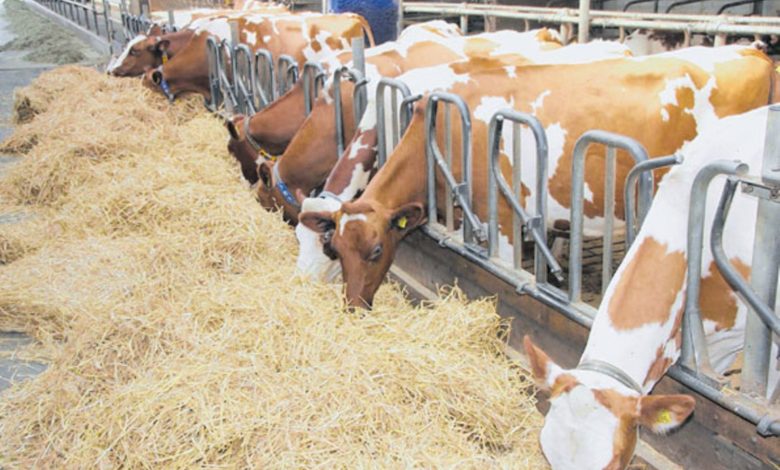TADB issues 530m/- loan to enhance dairy infrastructure

DAR ES SALAAM: THE Tanzania Agricultural Development Bank (TADB) has disbursed 532m/- to strengthen infrastructure in the dairy value chain, as part of efforts to raise productivity and quality across the sector.
The funds, released under the Tanzania Inclusive Processor-Producer Partnership in Dairy (TI3P) project, were used to purchase milk collection machinery, testing kits and generators, according to Damas Damian, the project’s Monitoring, Learning and Evaluation Manager.
“TADB supports milk collection centres to streamline the dairy value chain, ensuring milk from smallholder farmers is efficiently stored, tested and processed to improve quality and safety,” said Mr Damian yesterday during journalists’ seminar in Dar es Salaam.
The move aims to improve incomes for smallscale farmers by providing reliable market access, fair pricing and technical support. The milk centres are constructed in Mara, Kagera, Mwanza, Shinyanga and Geita regions and Zanzibar.
ALSO READ: Azania wins Leading Digital Transformation Bank award
The TI3P project, led by TADB and funded by the Bill & Melinda Gates Foundation, is a public-private partnership designed to increase incomes for smallscale dairy producers across the country.
Mr Damian said improved collection centres will also reduce post-harvest losses and support rural employment creation, while helping the country meet its goal of reducing reliance on imported dairy products.
“By supporting these centres, TADB also advances national goals of promoting local milk processing and reducing dependency on imported dairy products,” Mr Damian said.
Tanzania Dairy Board (TDB) representative, Deorinidei Mng’ong’o, speaking on behalf of Registrar Professor George Msalya, said the country currently has only 16 milk vending machines. She called for greater investment in vending centres to expand access to safe, high-quality milk.
“We are encouraging parents to help their children develop the habit of drinking milk, which is essential for their growth and development,” said Mr Mng’ong’o.
She said annual milk production stands at around 4.1 billion litres, but per capita consumption remains low at 67.5 litres far below the global health recommendation of 200 litres, equivalent to 500ml per day.
World Milk Day, marked annually on June 1, aims to raise awareness of milk’s nutritional value and role in food security, particularly in developing economies.





